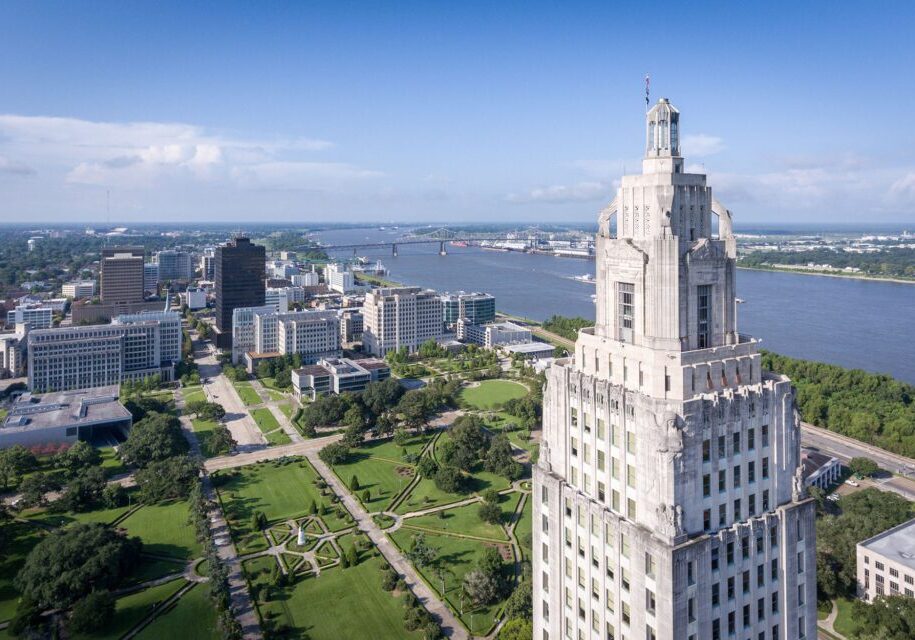Gov. Jeff Landry’s tax overhaul, which the Legislature approved on Friday, was designed to reverse Louisiana’s chronic outmigration by making the state more attractive to corporations. Unfortunately, the tax changes that head to the governor’s desk will likely produce fiscal instability and future budget shortfalls, and saddle low-income Louisianans with higher costs for everyday purchases.
The Legislature passed permanent tax cuts for corporations and individuals, and a temporary increase in the state sales tax that makes Louisiana’s overall sales-tax rate the highest in the country. Together, these changes cement a regressive state tax structure where Louisianans with low and moderate incomes pay a higher rate of tax than the wealthy.
The cuts in corporate income and franchise taxes will primarily benefit out of state shareholders, while the increase in sales taxes will fall mainly on everyday Louisiana residents.
While the outcome is disappointing, so is the process that led up to it. The last-minute decision to increase the state sales tax from 4.45% to 5% was made in closed-door negotiations, without any opportunity for public testimony and without an analysis of the bill’s impact on state revenues and on people at different income levels.
Invest in Louisiana shares the Legislature’s desire to reverse outmigration and create a state where everyone has a chance to thrive. But people and businesses look for more than low taxes when deciding where to live and work. They also look for places with great schools, accessible and affordable health care and good public amenities – things that we buy with our tax dollars. Louisiana is losing population for many reasons, including unaffordable property insurance, low wages and crumbling infrastructure. Doubling down on tax cuts for the wealthy and large corporations and increasing prices for all Louisianians is the wrong approach to fixing these problems.
